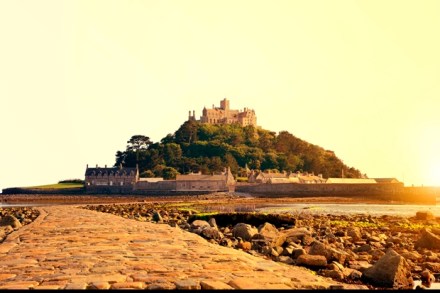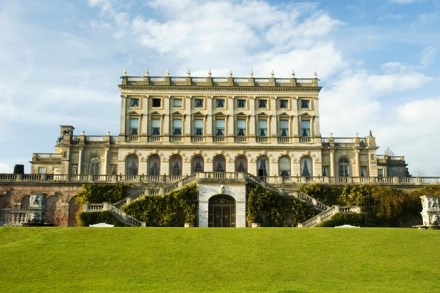No place like Rome
Roma sells ancient-Roman-style food near Fenchurch Street station at the east end of the City, near Aldgate. It is, therefore, a themed restaurant in a conventional, ebbing financial district, a cursed place in need of Windolene; and this is something to applaud, at least theoretically, because it is ambitious. Who remembers ambition, which is more interesting than greed? The last themed restaurant to open in these parts was Fable, a repulsive fake library and fusion destination for lawyers on Holborn Viaduct which I hope has burnt down, or at least been sued for copyright infringement by-makers of fairy tales everywhere. It was as magical as date rape, and the fairies fled.














